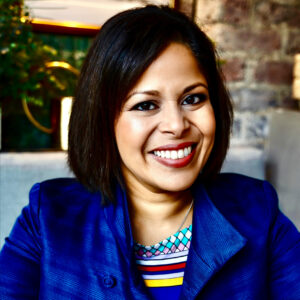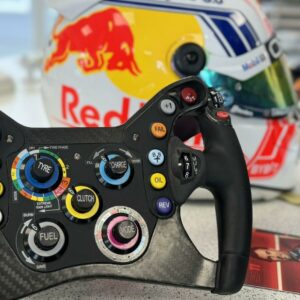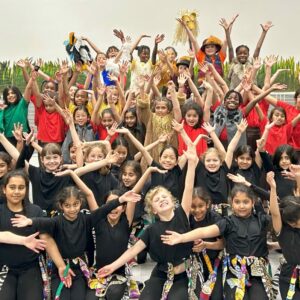News & Events
Leadership Likes: Mrs Raja
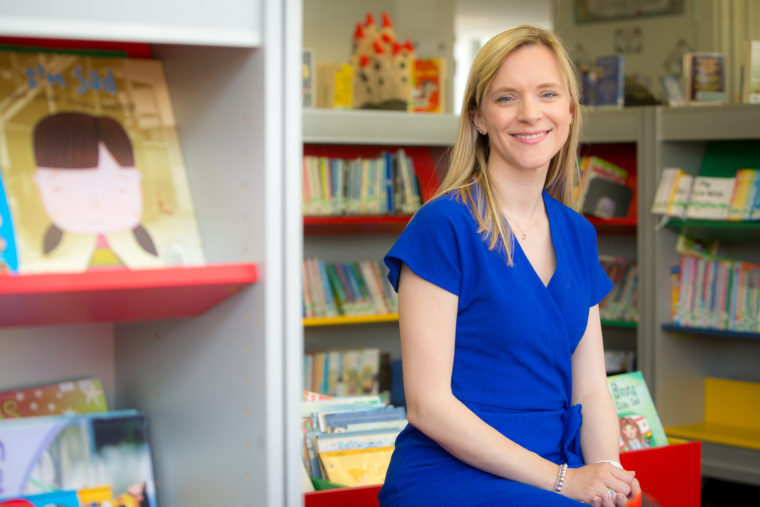
There have been many occasions over the past year when a crystal ball would have been handy. Even now, as we plan for the next academic year, we have to not only consider Plan A, but also Plan B and in some cases, Plan C too!
For the moment at least, it feels as if nothing is certain.
Actually, that’s not entirely true. If the past year has taught us anything, it is that the world, and our interaction with it, is changing rapidly with no sign of slowing. It is absolutely certain that our ways of working, of educating and of interacting with others have been irrevocably changed over the past year and that, in order to thrive and succeed, we will need to continue to adapt.
How then can we, as educators, ensure that we continue to prepare our pupils for life after education? How can we prepare them for a world about which so much will change before they enter it? How can we ensure that our pupils leave us ‘real-world ready’, when we don’t yet know what that will require?
These questions have formed the basis of many a discussion in the Junior School over the past six years and have been a guiding principle throughout the development of our Careers programme and, more recently, during our curriculum review. Whilst there is no doubt that our curriculum needs to deliver content that stimulates, challenges and informs, our pupils are going to need more than that to succeed in the world. It is estimated that 50% of all current employees will need reskilling by 2025, so just as important will be our pupils’ ability to adapt and change.
With that in mind, we turned to the World Economic Forum’s view on the top 10 skills needed for success in the future workplace and crystalised them into five key skills that we feel are most important for our young pupils to develop from the very start – Problem Solving, Collaboration, Emotional Intelligence, Resilience and Creativity. These skills, along with their sub-skills, will run as strands through our curriculum. It is not that we will teach them discretely, but that we will teach in such a way as to facilitate their development across all subjects. The intended outcome of this is that our curriculum strikes a balance between knowledge and skills and in doing so, more accurately reflects the world that our pupils will face.
Running alongside this, our Careers programme continues. Now in its sixth year and very much embedded into school life, it is a vital part of our commitment to ensuring our girls leave us ‘real world ready’ and goes hand in hand with the taught curriculum. This year’s Careers in the Classroom week focuses on careers of the future and, rather than trying to second guess what they might be, we have opted instead to build the week’s activities around our five key skills and their importance and application in the world of work. To help us do this, we are fortunate to have a number of parents who have been generous in offering their time to talk to pupils, which will play a crucial role in helping our pupils make a link between their ‘school world’ and the ‘real world’.
Our youngest girls may only be 3, but our ever changing world won’t stop and wait for anyone – it’s never too early to become ‘real world ready’.
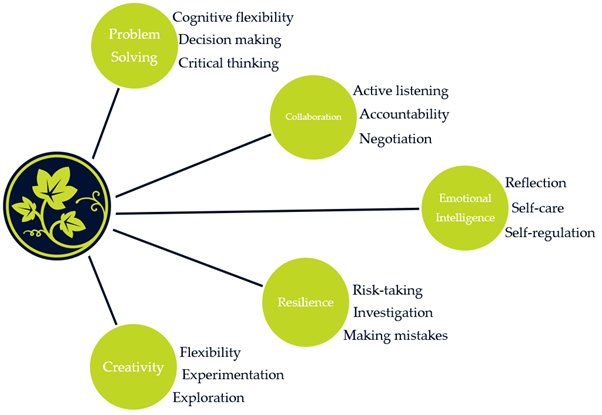
Mrs Raja
Head of Junior School
More news
Thought Leadership
5 Mental Health Tips for Now and Beyond
Arts

